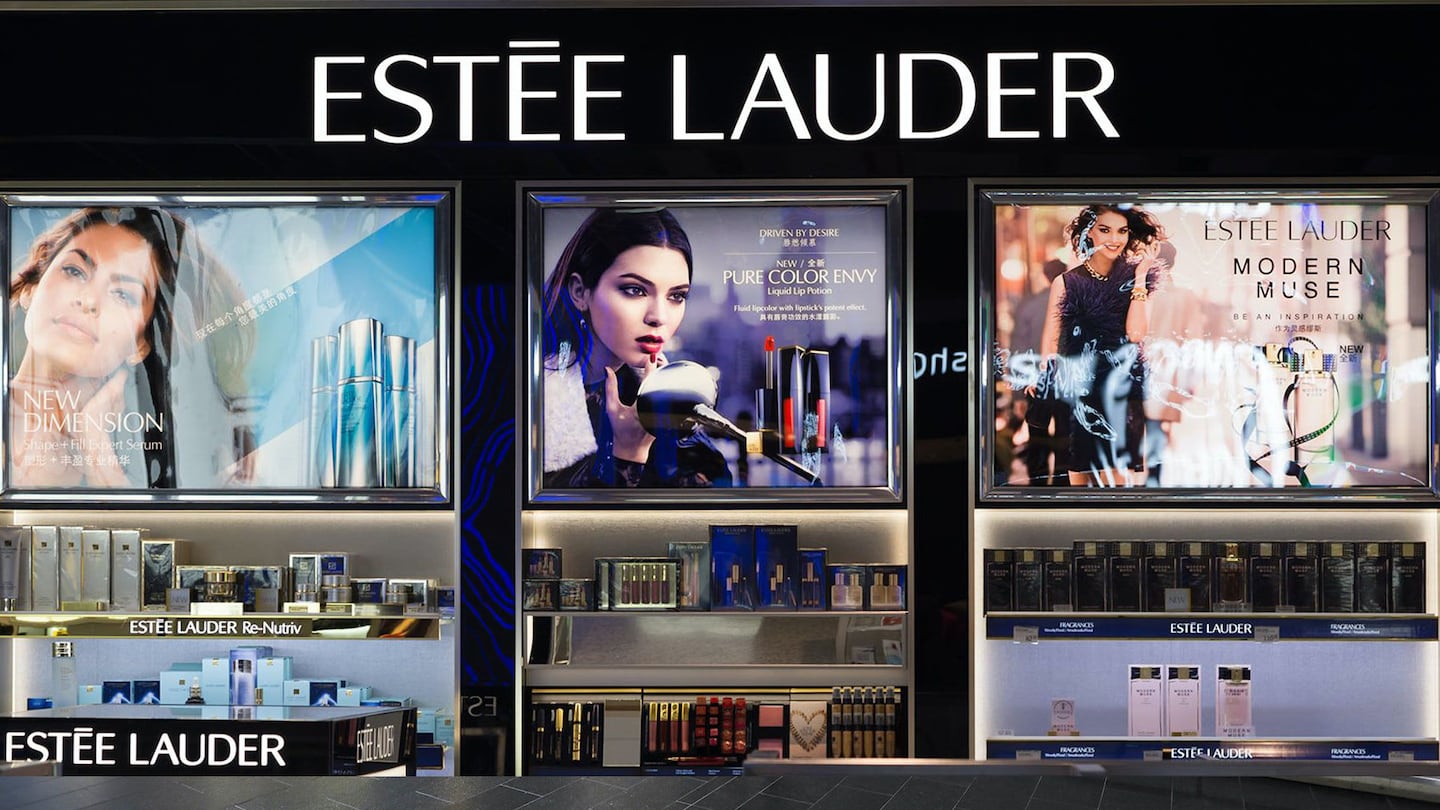
The Business of Fashion
Agenda-setting intelligence, analysis and advice for the global fashion community.

Agenda-setting intelligence, analysis and advice for the global fashion community.

Adidas and PVH are among the latest companies to close stores and pause commercial activities in Russia, joining a growing list of Western companies suspending business in the country following its invasion of Ukraine. Estée Lauder Companies, which suspended its business investments in Russia last week, has now also closed directly operated stores, brand websites, and shipments to Russian retailers, the company said in a statement. All three companies said their Russian employees would continue to receive compensation.
Elsewhere, Procter & Gamble, which counts beauty names SKII and Olay among its stable of brands, is “significantly reducing our product portfolio to focus on basic health, hygiene and personal care items needed by the many Russian families who depend on them in their daily lives,” president and chief executive Jon Moeller said in a letter to employees posted to the company’s website. The company has also ceased all new capital investments and suspended media and advertising activity in the country, it said.
Learn more:
Ukraine War: Fast Retailing Pledges to Stay in Russia
The Uniqlo owner said it will continue to operate in Russia, even international pressure in response to the country’s invasion of Ukraine sees waves of companies pull out.
As the German sportswear giant taps surging demand for its Samba and Gazelle sneakers, it’s also taking steps to spread its bets ahead of peak interest.
A profitable, multi-trillion dollar fashion industry populated with brands that generate minimal economic and environmental waste is within our reach, argues Lawrence Lenihan.
RFID technology has made self-checkout far more efficient than traditional scanning kiosks at retailers like Zara and Uniqlo, but the industry at large hesitates to fully embrace the innovation over concerns of theft and customer engagement.
The company has continued to struggle with growing “at scale” and issued a warning in February that revenue may not start increasing again until the fourth quarter.